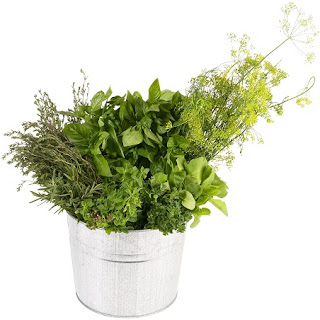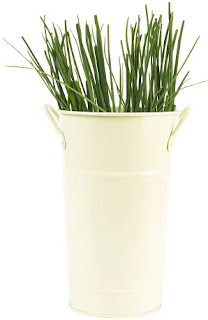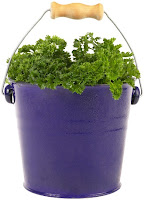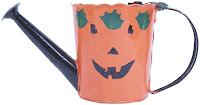There are 10 languages with more than 100 million native speakers. There is a random image chosen for each language in this post. You should memorize these languages and their corresponding images for following this exercise:
The official languages of the United Nations are the six languages that are used in UN meetings, and in which all official UN documents are written.
One of these six languages is French.
The other five languages are included in the above list of "languages with more than 100 million native speakers".
In the following image list you can see the images corresponding to those five languages:
Now answer the following questions:
1. What are the six official languages of the United Nations?
2. What are the ten languages with more than 100 million native speakers?
3. Which languages with more than 100 million native speakers are not official languages of the United Nations?
- Scroll down to see the answers!
Answers:
1. What are the six official languages of the United Nations?
Note: As mentioned in Improve Your General Knowledge in Leisure Time!, in order to memorize the above list, use FRAMES as a peg:
French, Russian, Arabic, Mandarin, English, Spanish
2. What are the ten languages with more than 100 million native speakers?
3. Which languages with more than 100 million native speakers are not official languages of the United Nations?
The official languages of the United Nations are the six languages that are used in UN meetings, and in which all official UN documents are written.
One of these six languages is French.
The other five languages are included in the above list of "languages with more than 100 million native speakers".
In the following image list you can see the images corresponding to those five languages:
Now answer the following questions:
1. What are the six official languages of the United Nations?
2. What are the ten languages with more than 100 million native speakers?
3. Which languages with more than 100 million native speakers are not official languages of the United Nations?
- Scroll down to see the answers!
Answers:
1. What are the six official languages of the United Nations?
- Arabic
- English
- French
- Mandarin
- Russian
- Spanish
Note: As mentioned in Improve Your General Knowledge in Leisure Time!, in order to memorize the above list, use FRAMES as a peg:
French, Russian, Arabic, Mandarin, English, Spanish
2. What are the ten languages with more than 100 million native speakers?
- Arabic
- Bengali
- English
- Hindi
- Japanese
- Mandarin
- Portuguese
- Punjabi
- Russian
- Spanish
3. Which languages with more than 100 million native speakers are not official languages of the United Nations?
- Bengali
- Hindi
- Japanese
- Portuguese
- Punjabi
| Share |















































